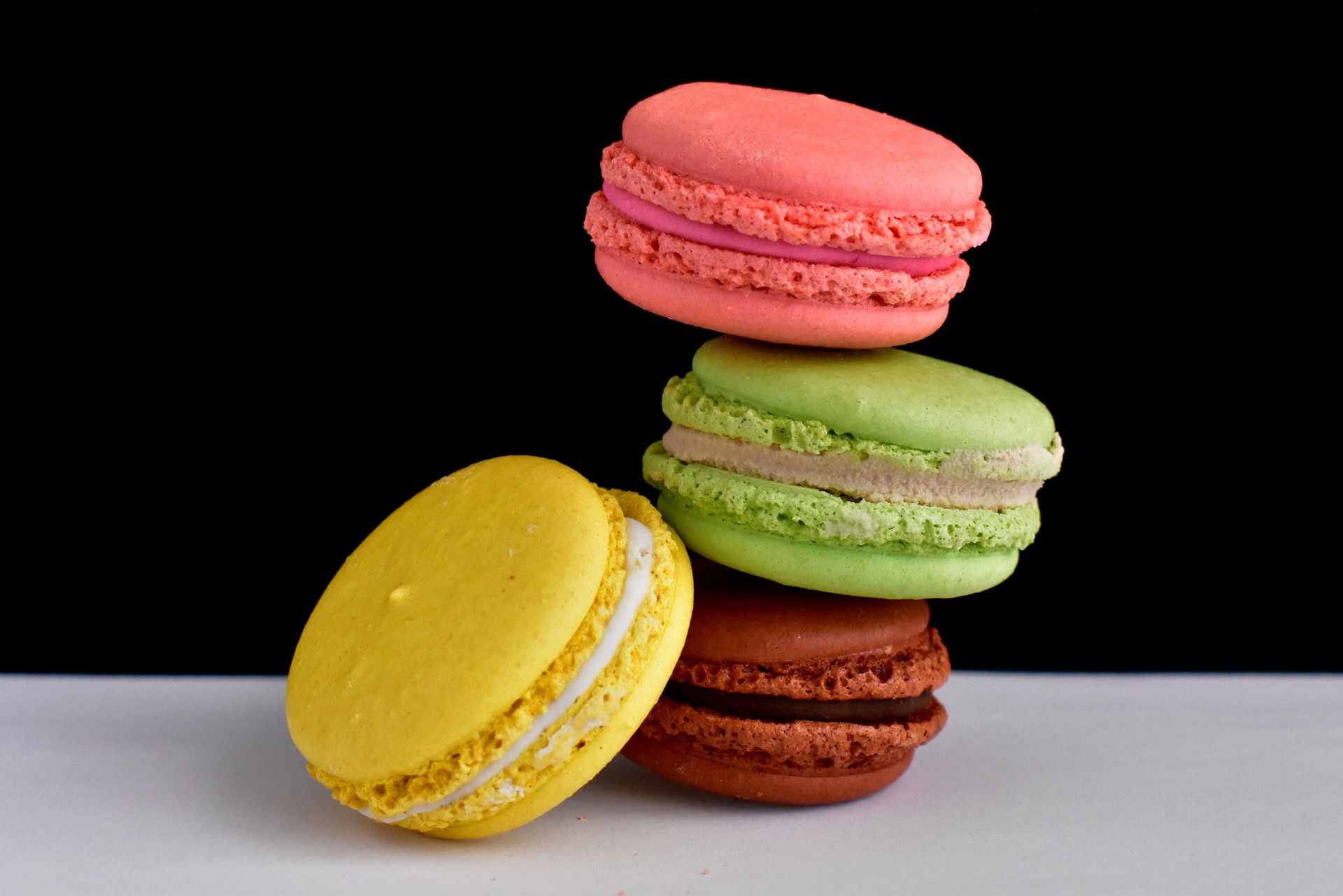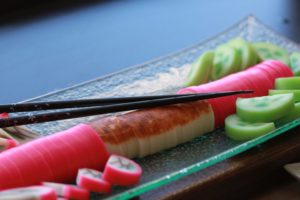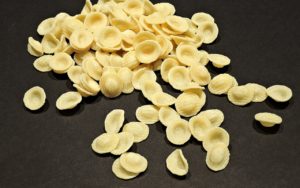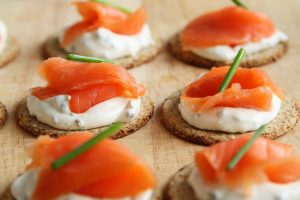The crunchy bite combined with the soft inside texture makes macaron a joy of life. The sweet delicacy is popular around the globe. Moreover, it is one of the most fun sweets available in various colours and flavours which leaves a lot of room for creativity.
But how did this pastry come to be and what is the history and story of the French Macaron?
Monasteries Could be the Beginnings of the Macaron Story
Historical gastronomic references hint that macarons are meringue-based sweets that have long been produced in monasteries across Europe. However, specific evidence points out that Venetian monasteries are the source of these sweets that spread to the world and became very famous especially in France.
Other documents state that the origin of macarons in terms of the almond dough is Arabic. This is due to the historical Arabic occupation of southern Europe and bringing along their cooking techniques. The Kingdom of Sicily, current day Italy and Al Andalus, modern day Spain were two epicenters for Arab rulers and consequently fine cooking and sweets were the norm.
Why the Connection with France?
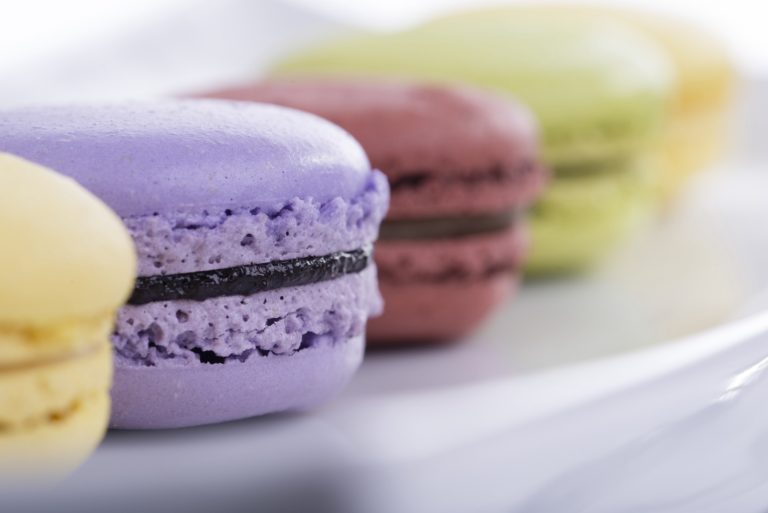
Catherine de’ Medici, the famous French queen with Florentine-Italian origins was the one who introduced the delicacy to France. The Renaissance period was one of the most significant turning points in European history and Florence was Europe’s powerhouse at that time. It was during the year 1500s when Queen Catherine introduced via her Italian chefs the sweet to France. She has married by then the King of France at that time, King Henry II and she missed dearly her native cuisine. Even though some historians strongly dispute this theory, nonetheless it is one of the most prevailing hypotheses.
However, the macaron that we know today has passed through a long journey of refinement before reaching the current shape and various tastes we all love. In the late 1700s, two nuns came to Nancy, France escaping the French revolution and created the marvelous macarons. The main purpose was to bake and sell to support their austerity-based life. The nuns were later referred to as the Macarons Sisters and their creation was Macarons des Sœurs.
You Might Also Enjoy :
The Current Form of the Macaron
In the late 1800s, the pastry chef or pâtissier and guru Louis-Ernest Ladurée introduced the current form of macarons in Paris. In the early 1900s, another Parisian pâtissier, Pierre Desfontaines, came up with the brilliant idea of pushing two macarons against a filling. The latter is ganache and acts as a glue to the two parts as well as aids in having a multiple complexity for biting through the macarons.
Today, the macarons have gained worldwide popularity and they are celebrated on March 20 every year. This surge in fame is due to many filming sciences depicting the macarons as an indulgence sweets for kings and queens of France, and it surely is!

